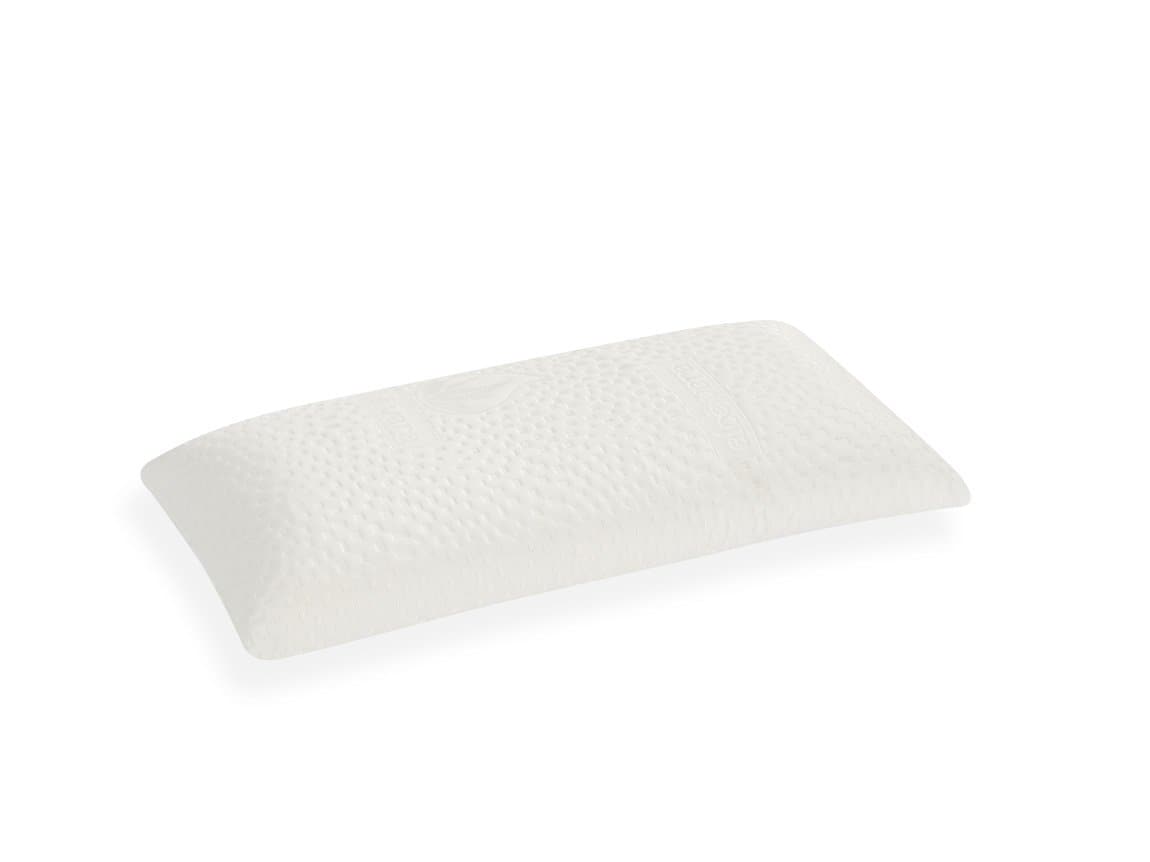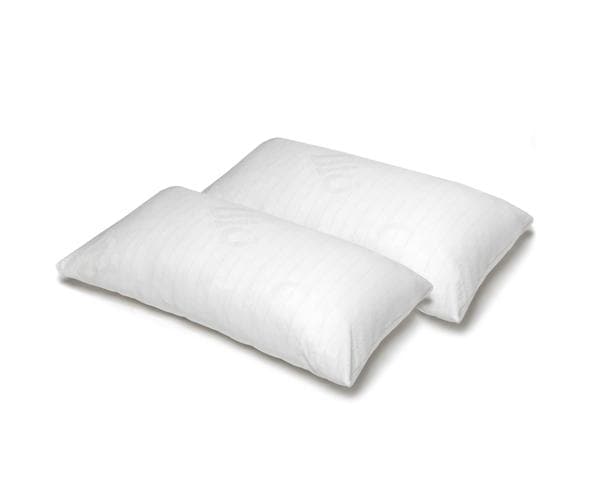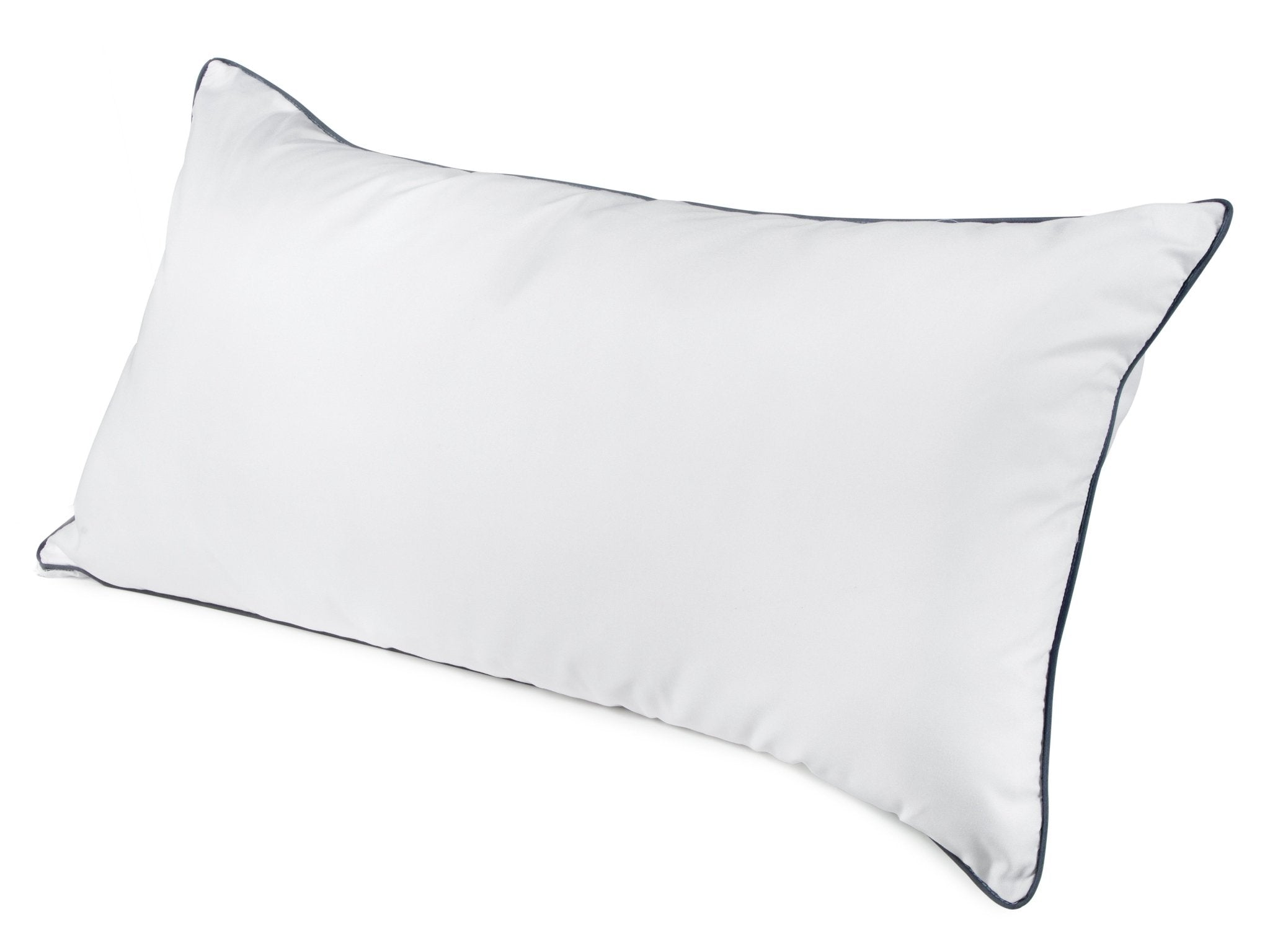
If you don't know what anxiety and stress are, you're in luck. These two phenomena are responses of our body that occur in the face of danger or the perception of it, something very necessary that allows us to find solutions to face a real danger.
However, anxiety can become a problem when its symptoms become disproportionate, too intense, or last longer than necessary.
A constant state of alert seriously makes it difficult to fall asleep.
Difficulties they have sleeping
Stress is one of the factors that most affects rest. It is nothing more than an over-activation of the mind that can consist of intrusive thoughts, worries and uncontrollable emotions: stress translates into great difficulty sleeping or poor quality rest /strong>; Lack of sleep caused by stress can be reflected in higher levels of stress and anxiety that produce irritability and, in turn, make it difficult to sleep, becoming an infinite loop. Therefore, anxiety becomes both a trigger and a consequence of insomnia.
Anxiety is also a difficulty in regulating emotions that not only affects going to sleep, but also in our daily lives and how we deal with it.
One of the main consequences of insomnia is worry about not sleeping, which generates more anxiety. It takes little time for the mind to think that if we do not sleep we will not perform well the next day and that insomnia could negatively affect our general health.
In addition to all the cognitive and emotional responses to anxiety, there are also many physical symptoms that interfere with sleep: tachycardia, hyperventilation, tremors, muscle tension, feeling of pressure in the chest, nausea, etc.

What can I do to solve it?
At BeZen we cannot offer you expert remedies in psychology, so the most effective thing would be to consult a professional and treat it with therapy.
However, we have put together a series of tips provided by people who suffer from sleep anxiety.
The first thing is to examine the possible causes of anxiety to treat them at their roots. Sometimes, something as simple as limiting caffeine consumption can resolve episodes of insomnia and anxiety. At other times, a more exhaustive analysis is needed to find the trigger.
Try to follow a fixed sleep schedule: the more you get your body used to sleeping at a certain time, the easier it will be to fall asleep when the time comes.
Try to associate bed only with rest. This is achieved by doing other activities that you normally do in bed (looking at your cell phone, reading, etc.) in other places in the house.
Although it is much easier said than done, try not to give too much importance if you can't sleep one or several nights: by becoming obsessed with not getting rest, it is more likely to become a habit.
Many times, anxiety is treated with different tools or control mechanisms that are developed in therapy: it is very common that anxiety arises when we cannot control something that causes us fear, so it is usually treated by organizing things that we can. that we can control. Making lists and organizing your day can relieve anxiety symptoms.
Finally, various relaxation techniques can be your best allies: read before going to sleep, listen to ASMR , follow a stretching routine , carefully control your breathing...








